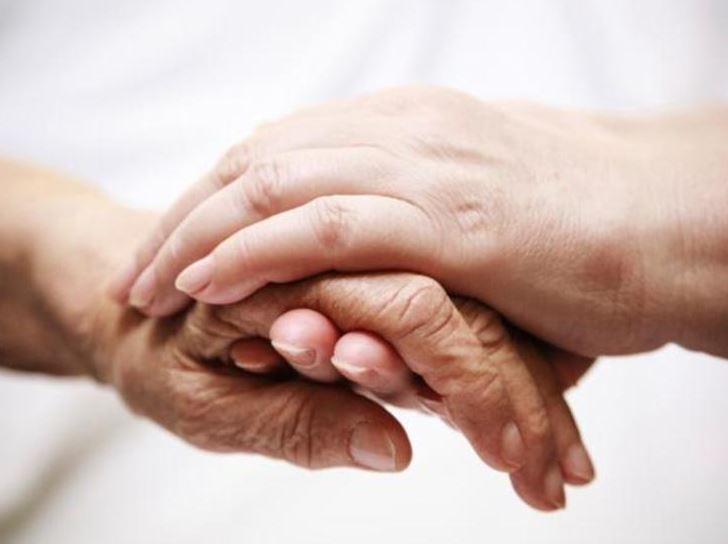
Taking care of a loved one can be both exhausting and rewarding. Those who are caretakers of a family member may feel overwhelmed and inexperienced with the task ahead. The process of learning the best ways to care for your loved ones, whether it be an aging parent or a disabled child, can take up most of your time, not leaving time to take care of yourself. The following tips can help those who are caring for family members ensure that everyone, themselves included, are cared for in the best way possible.
Get Informed
Most family caregivers aren’t trained in nursing and may have difficulty learning what needs to be done. Research the condition of your loved one to find out the best way to care for them. Talk to experts trained in the field to give you some insight.
Seek Advice
Talk to other caregivers, whether they are family members or professionals, for advice on dealing with the condition of your loved one. It can be helpful to bring in a professional when you first begin caring for your family member to offer tips and ideas for setting up a routine.
Care for Yourself
Caregivers must care for themselves so that they can provide quality care for others. Be sure you’re sleeping enough and eating right. It’s also essential to take some time for yourself to do something you enjoy so you can feel refreshed and offer better care.
Find Help
You can’t do it all yourself and it’s essential to find someone you trust to take over when you need help. Whether it’s a friend, family member or professional, be sure you have someone lined up to care for your loved one when needed.
Look for Local Resources
Depending on the condition and abilities of your loved one, you may be able to find a local program to help out with activities and transportation. There may also be home health care or adult day care services that can help you loved one during day. The insurance provider of your loved one can help you know the options covered. You could also speak with someone who has a social work online degree to find the right programs. Any health expert can guide you in the right direction and provide needed resources.
Support Independence
Depending on the extent of your loved one’s condition, there is often some level of independence that can be achieved. Those with limited mobility can have a walker or wheelchair to allow them to move around the house. Some modifications may be required, like bathroom alterations and low shelving, but being able to do for themselves can greatly help their mindset.
When caring for a loved one, be sure to also care for yourself. Seek out help from friends, family and community services. Also, ensure that your loved one has some level of independence if possible as it can greatly help how they feel about themselves. Don’t try to take on everything yourself and set up a support system for when you need the assistance.
Emma Sturgis
Recent Posts
- Castor Oil For Better Hair Growth: Is It Myth Or Fact?
- Exploring the Differences Between Sermorelin, Ipamorelin, Ibutamoren, GHRP2, and GHRP6: Understanding Their Role in Human Growth Hormone Regulation
- Unraveling the Mystery: Understanding the Causes and Prognosis of Ventricular Tachycardia Without Apparent Heart Disease
- Understanding Grandparents’ Rights in Oklahoma: Navigating Visitation and Legal Protections
- 10 Reasons to Consider Hypnotherapy for Your Health

